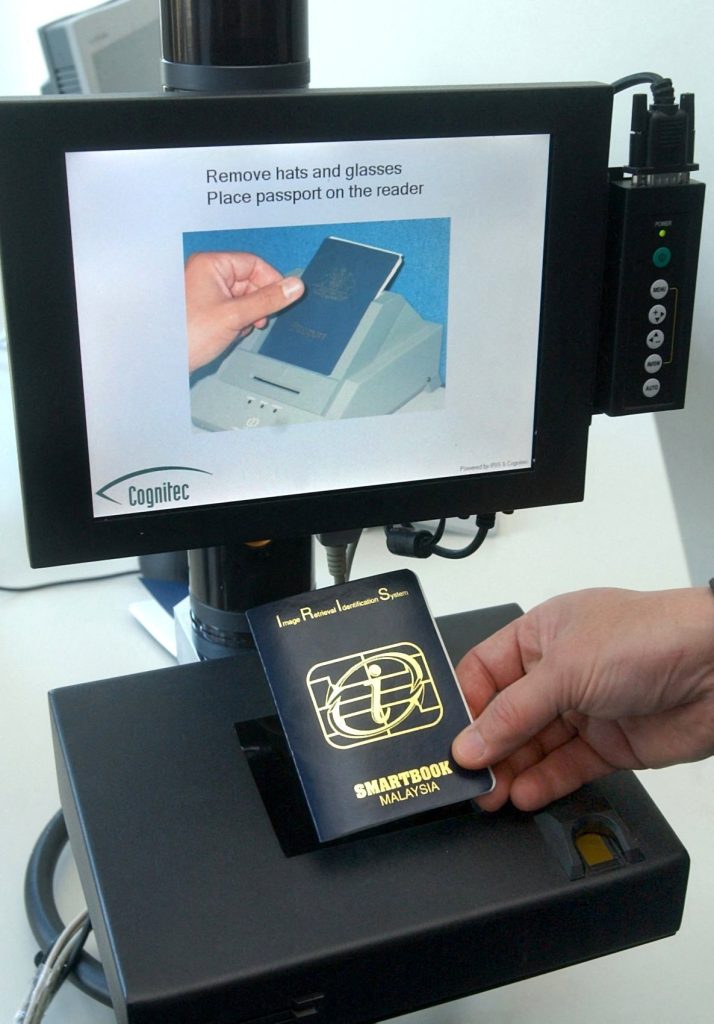Mali, Burkina Faso and Niger will soon launch new biometric passports, Mali’s military leader Colonel Assimi Goita said Sunday, as the junta-led states look to solidify their alliance after splitting from regional bloc ECOWAS.

They then said in January that they were turning their backs on the Economic Community of West African States — an organisation they accused of being manipulated by France.
In July, the allies consolidated their ties with the creation of a Confederation of Sahel States which will be chaired by Mali in its first year and groups some 72 million people.
“In the coming days, a new biometric passport of the AES will be put into circulation with the aim of harmonising travel documents in our common area,” Goita said during a televised address late Sunday.
“We will be working to put in place the infrastructure needed to strengthen the connectivity of our territories through transport, communications networks and information technology,” he said.
The announcement came a day before the three states are due to mark the one-year anniversary of the alliance’s creation.
The neighbours are all battling jihadist violence that erupted in northern Mali in 2012 and spread to Niger and Burkina Faso in 2015.
The unrest is estimated to have killed thousands and displaced millions across the region.
sd-acc/imm
© Agence France-Presse





